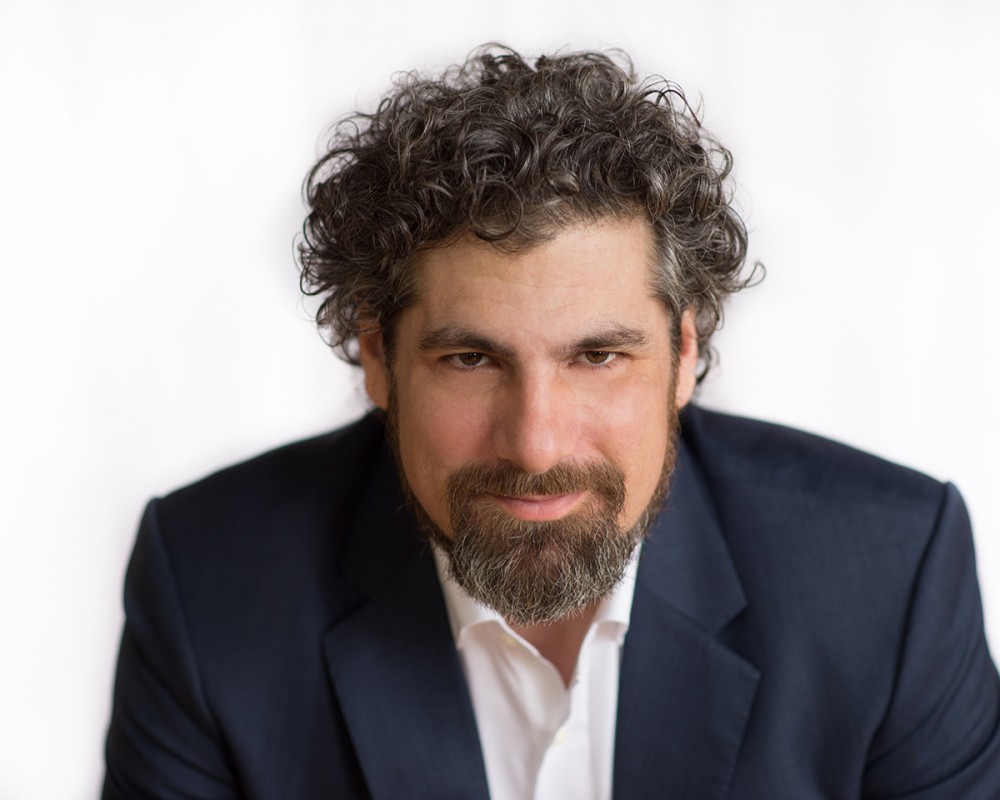
News & Community

“If music is communication, then the purpose of music is being able to get ideas out there,” says Allen Tinkham, Music Director of the Chicago Youth Symphony Orchestra who conducted the 2015 Oklahoma Summer Arts Institute Orchestra and will also lead instruction for the orchestra students this summer during OSAI at Home. “The older I get and the more I study music, the more I realize that music is metaphor. It is everything.”
When Tinkham conducted the 2015 Institute Orchestra, he was known for his infectious energy and ability to connect with his students. Even while keeping them on task. Tinkham says of his two weeks at OSAI, “I had a fantastic time. I was totally blown away, and I'm honestly thrilled to come back.”
In the 19 years that Tinkham has been with the Chicago Youth Symphony Orchestra (CYSO), programs have tripled and the budget has doubled. His young students have performed at Carnegie Hall in New York City, gone on six international tours, released their first recording, and WFMT Chicago regularly broadcasts CYSO concerts. Muso Magazine called it “one of the country’s most famous youth outfits.”
He says two seemingly simple things have helped him help students achieve success: his love of music and his love of young people.
Tinkham didn’t go into conducting with any particular age group, or even any specific orchestra in mind. He just wanted to be a good conductor. He started out as an apprentice conductor at the Oregon Symphony before being invited to apply for a position at CYSO. He was aware of the history of the group and its reputation for producing stellar, working musicians who play all over the world. But he had no idea how far-reaching the job would become in his life.
“Really, when I began doing this, I had no idea how important it was. I had no idea how much I was going to love it. I just wanted to make music. And the responsibilities of, the privilege of, and the pleasure of having been Music Director here all these years has been life-changing. And now I can't imagine my life without it,” Tinkham says.
Tinkham attributes his rapport with youth to his own teenage years.
“I think part of why I work specifically well with high school age students is because that was such an important part of my life. That was really musically, I think, my most formative time. Those were the years when I decided I wanted to be a musician, and when I got turned on to this study of music,” Tinkham says.
It takes a special type of student, and tenacity, to become an excellent orchestral student, which is one of the things that drew Tinkham to the discipline as a young person.
“It was the one subject I couldn't cram for. It's the one subject you have to put in a certain amount of time regularly over a long period of, you know, weeks, months, years in order to accomplish anything. And that's unlike the vast majority of things that people at that age do,” Tinkham says.
So how can students become successful, or achieve their best selves as orchestra students? It all goes back to communication, he says.
“The first most important ingredient to good communication is listening. Listening is the most important thing any of us ever do. How can you have an intelligent conversation, formulating intelligent responses, until you have taken in the situation and you have heard the question?” Tinkham says.
The other most important thing, he says, is for students to be open to new ideas.
“You know, it's easy to get stuck in how you think things should be, and sometimes that can blind us to what will eventually become obvious answers,” Tinkham says.
We asked him if he had a message for his OSAI at Home students this summer.
“It's going to be rewarding, surprising and fulfilling,” Tinkham says. “I can't wait to see them, and as long as everyone comes prepared to work, we're going to have a fantastic time.”
